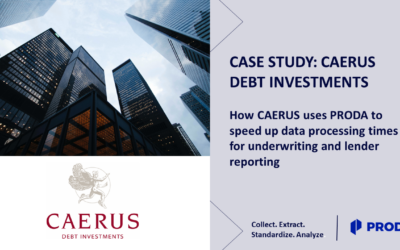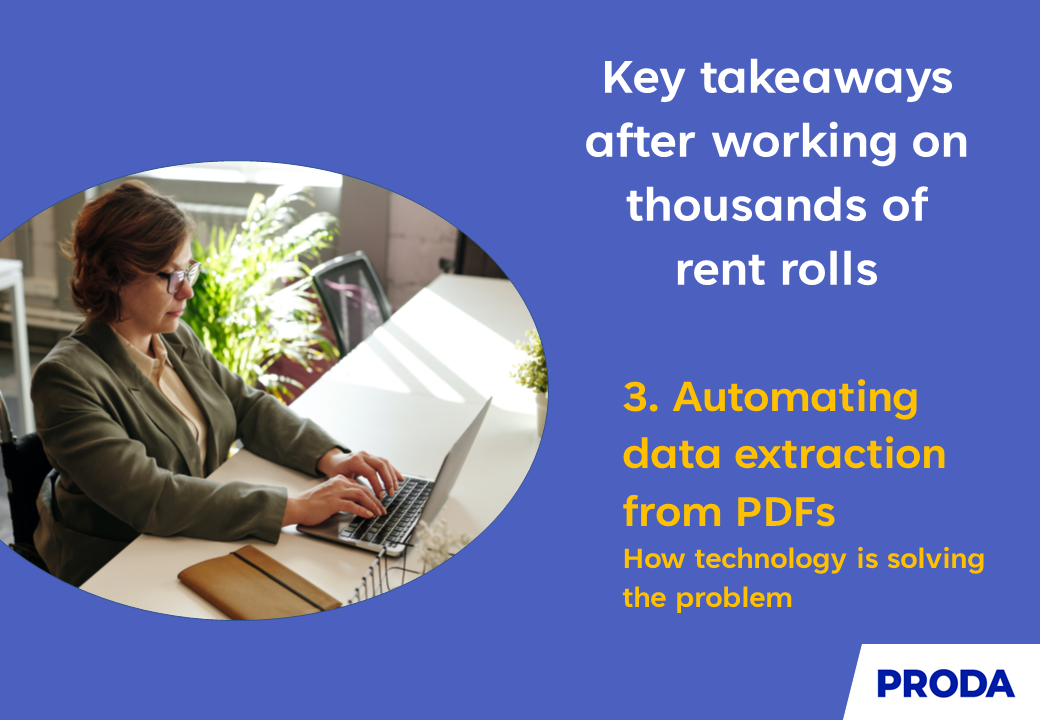As data and analytics implementation continues to change the way that real estate is managed, transacted, leased and operated, one term that has entered day to day industry speech, from the boardroom to the boiler room, is ‘bad data’.
Bad data is essentially any data that is unstructured, inaccurate, incomplete, inconsistent, or duplicated. It doesn’t take long to understand the negative implications of handling bad data or using it (often inadvertently) to inform decision making across the real estate lifecycle.
One way that bad data can negatively impact a business is when it comes to the important matter of trust. The real estate industry is built on trust between individuals, teams and partners. It’s why companies choose to do business together, or why a team chooses to make a particular new hire. In a market, where collaboration between individuals and companies is critical, so too is the trust that underpins it.
Take the relationship between a Fund Manager and an Operating Partner. Understandably, Fund Managers are extremely concerned about risk and making poor investments. Operating Partners are responsible for providing timely, accurate reports on those investments. Bad data can completely jeopardise the relationship between the two, if it in any way impacts investment performance or decision making.
Or take the advisors, valuers and agents that report to those Fund Managers or Asset Managers. Provide poor advice based on bad data that then threatens capital and decision-making and they will quickly find themselves surplus to requirements.
Even at an individual level, bad data, often due to manual processing, can ensure that people quickly gain an unwelcome reputation for inaccuracy and even worse, incompetence. In short, bad data can prove enormously costly to the reputation of companies and individuals. In an industry where word of mouth counts, that matters.
So what is the solution to bad data?
In automating rent roll data processing, we’ve built tools to address this very problem, helping individuals and companies to minimise risk and maximise trust. Here’s how:
- Error checking – By checking errors using automation, PRODA prevents bad rent roll data from exacerbating capital, operation and reputational risks.
- Collaboration and standardisation – By streamlining collaboration, PRODA provides segregated access privileges to standardised rent roll data whilst sustaining a consistent, trackable format, to streamline accurate data collaboration between departments and companies.
- Minimising risk – By building a repository of standardised rent roll data, PRODA offers a clear and complete picture of assets, to minimise investment and operational risk.
Essentially, in capturing rent roll data quickly and accurately, PRODA equips individuals and companies to build trust, whether across their own company or by serving customers and partners.
As data usage increases, those that rely on manual processing, or sub-standard automation, will find themselves handling bad data and managing the associated risks. On the other hand, those that commit themselves to gathering timely, accurate, error-free data, will build an invaluable reputation for trust and reliability.
Discover more about how we achieve that for likes of ING and Union Investment. Chat with our team: info@proda.ai
For the latest news and updates follow us on LinkedIn




